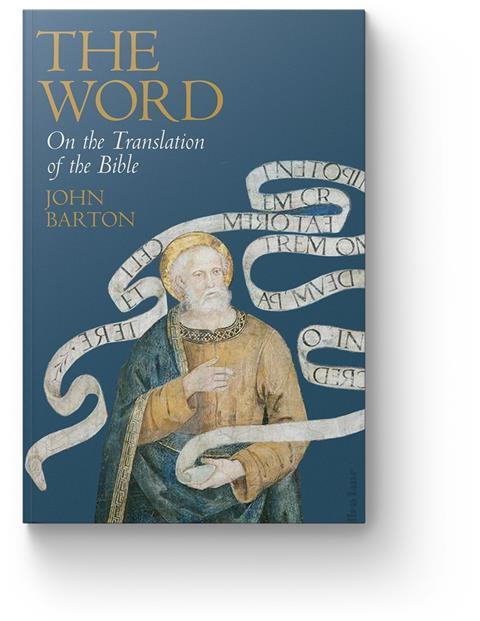
John Barton’s understanding of the nuances of Bible translation flow from a lifetime of study. In The Word he shows how it has been key at critical junctures in history.
There are many issues that arise in translating, particularly the balance between preserving the authority of the source text and the essential meaning it contains. Barton’s approach argues for compromise and equilibrium between ‘literal’ and ‘free’ approaches, and he argues it well.
Barton notes that translation can affect doctrine. For example, the choice to use the word ‘soul’ instead of ‘life’ or ‘self’ can promote the belief that the soul is an independent entity, instead of a part of our psychosomatic unity.
In drawing attention to apparent inconsistencies in translation, the author highlights where they can change perceptions of the text’s original meaning, or where existing doctrine may have influenced the translator.
There is a lot to admire in his patient diligence, working through issues using careful arguments and backed-up examples. But the book lacks emphasis on how the Bible is experienced subjectively by the reader. How does God speak to our hearts and not just our heads?
Translating words into another language requires careful thought but, ultimately, God’s word reaches us in a ‘person to person’ communication that is “alive and active” (Hebrews 4:12).
Sometimes metaphors and symbolism in scripture can bypass our left brain, logical approach. This is the dynamic reality of engaging and conversing with God in spiritual disciplines like Lectio Divina, where we create opportunity through meditation on the word for God to speak to our inner being.
This intensely academic study of translation, excellent though it is, risks losing something of the personal reality of God revealing himself to us.







































No comments yet